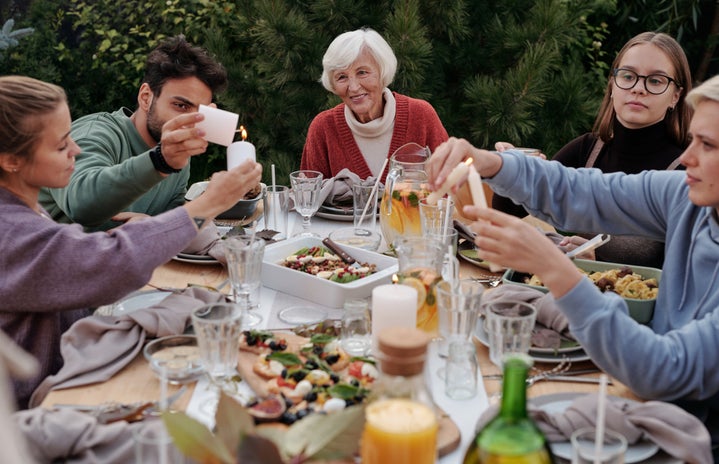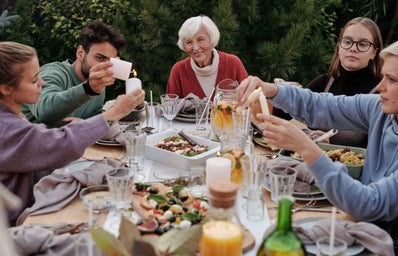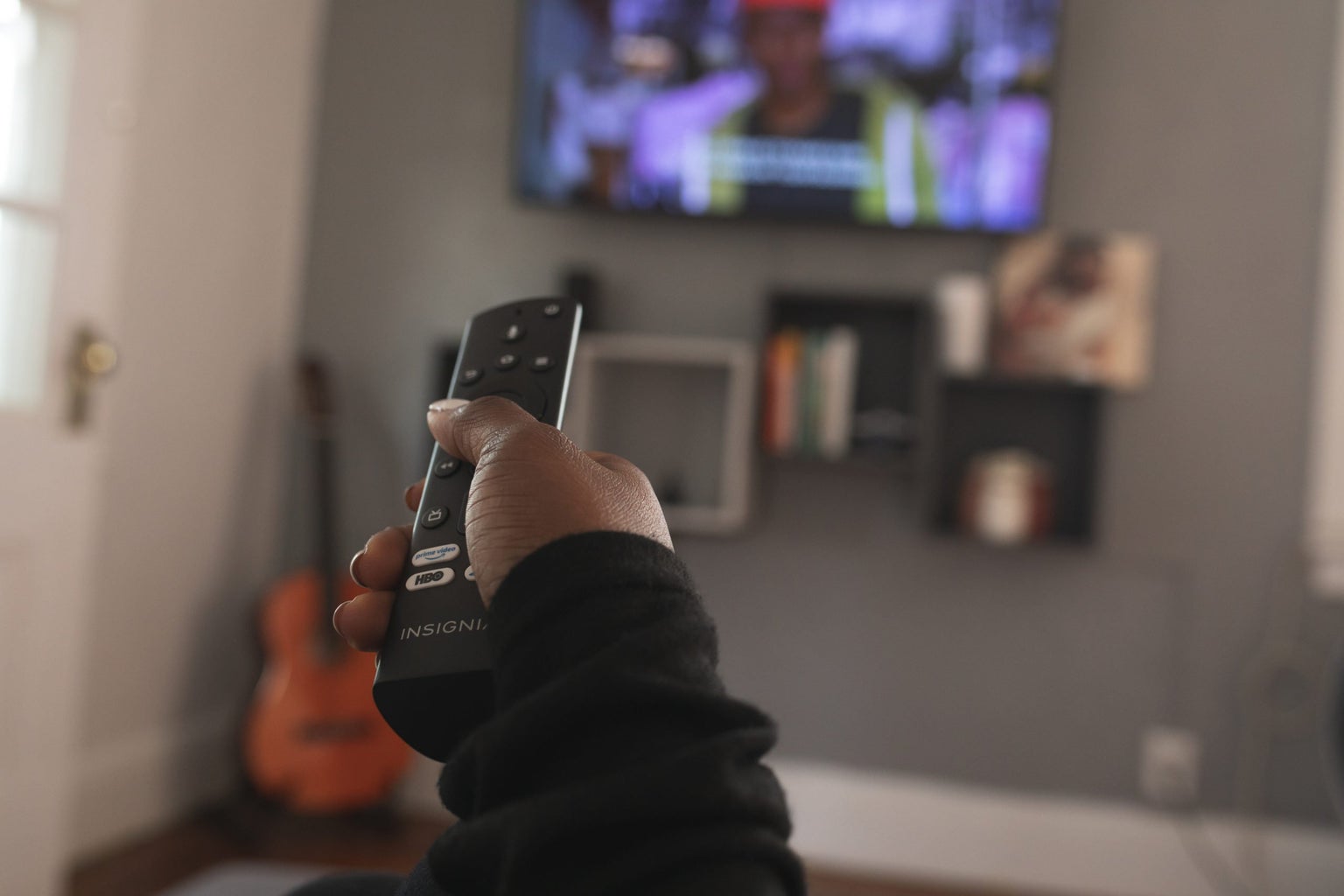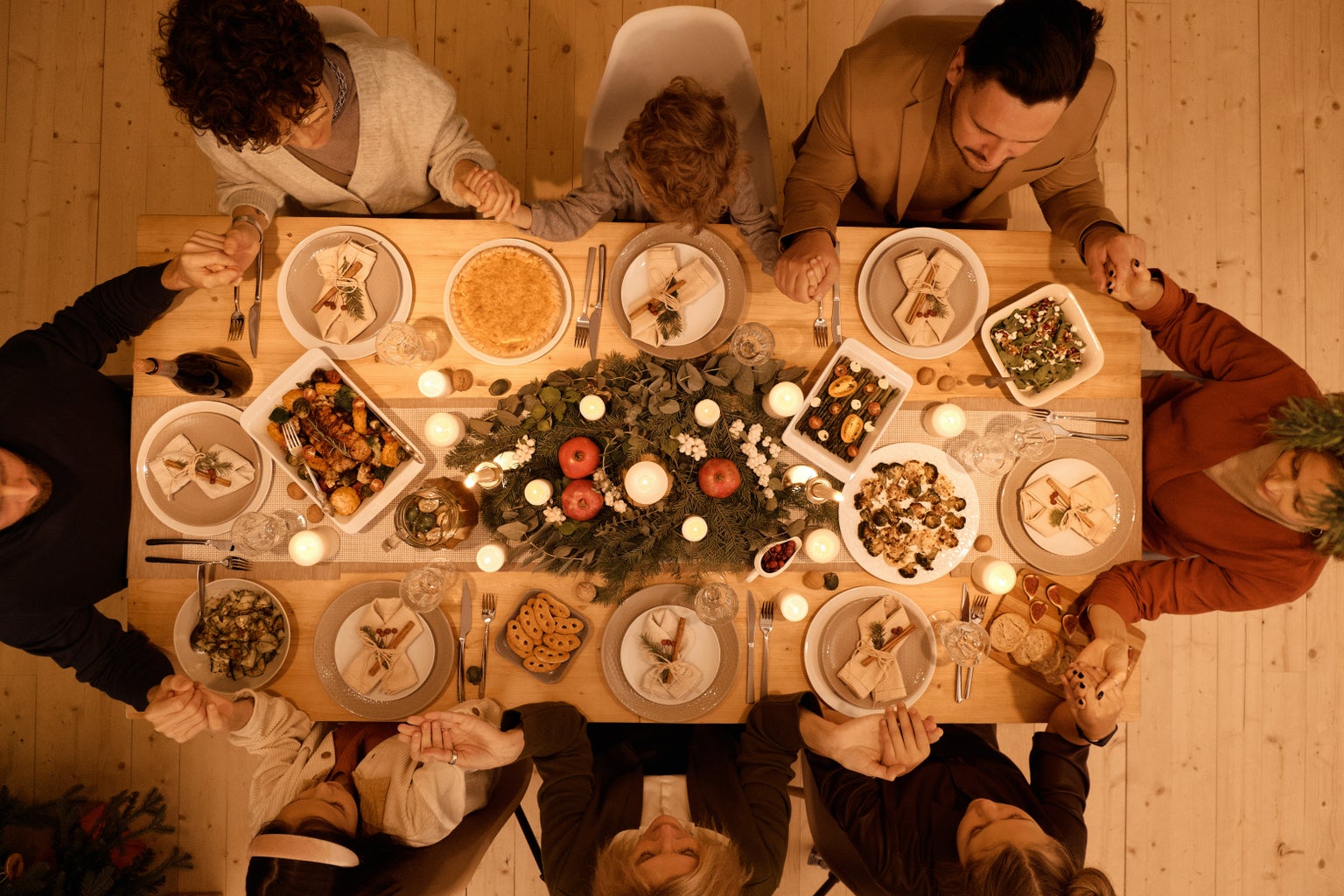*TW: Abuse
Withhold your judgments because my curiosity got the best of me the other day- I randomly clicked on a Joe Rogan podcast where he had Jon Bernthal on as a guest. Bernthal was discussing his interview with Shia LaBeouf on his podcast. Labeouf was recently named as the defendant in an abuse lawsuit filed by the singer FKA Twigs, his former girlfriend. Bernthal explained on Rogan’s podcast that his interest in LaBeouf’s story stemmed from his hope to understand the root of horrific choices made. He notes that there isn’t enough information on the pre-emptive actions that society can take to stop situations such as LaBeouf’s from taking place.
The interview reminded me of Honey Boy, a movie where Labeouf plays his father in a plot based on their relationship. Through LaBeouf’s portrayal of his abusive father, the film nudges viewers to make the link between the occurrence of child abuse and the actions of hurt individuals in adulthood.
Although Jerrod Charmichael’s experiences vastly differ from Labeouf’s, something about watching his HBO comedy confessional, Jerrod Carmichael: Rothaniel felt oddly reminiscent of Honey Boy. Through Rothaniel, Carmichael tells the story of his disconnected family and their unyielding attempts to evade naked truths while trying their best to love one another. Viewers gain a palpable sense of the toll that the family dynamic takes on Carmichael’s life as an adult. Rothaniel displays an example of the underbelly of a family that can stand to be in the same room. Honey Boy is a more intense portrayal of contentious family dynamics.
Rothaniel situates Carmichael as the subject of a real-life case study. He outlines his development as a child who comes from a messy family. Rothaniel is a satisfying watch because it doesn’t conclude with the recognition that Carmichael’s upbringing brought him to where he is now. Carmichael also finds it in himself to take some ownership over the trajectory of his life. He candidly admits that he inherited the ability to act coldly from his mother.
Carmichael grew up feeling that his whole family would struggle to accept his sexuality, so he hid that he was gay well into his adult life. His empathy for his family despite their inability to tolerate a core aspect of his identity is obvious throughout the special. The imperfections and shortcomings of Carmichael’s family are rooted in their negative experiences. He identifies with their struggle to face internal conflict made complicated by generational trauma.
In the special, he refers to the conditional love many families are characterized by as, “love with an asterisk”. Coming of age is often accompanied by a struggle to find the unconditional love we’re promised, even in the places where one might expect to find it.
I often find myself questioning the practice of completely cutting off family. In recent years, a significant cultural shift towards normalizing going no-contact with family is on the rise. Often, the phenomenon of love with an asterisk incentivizes a person to end a relationship with a family member. Making such a decision is very personal and usually completely necessary.
But the increased visibility of strained family relationships begs the question of when cutting off family and friends leans too heavily into the culture of hyperindividualism. Falling too far on either side of the spectrum of standards and decisions determining family relations can potentially reproduce the conditional love many of us resent. Perspectives like Carmichael’s are refreshing in a sea of extreme discourse and portrayals of family ties.
In the interview with Bernthal, LaBeouf seemed to take accountability for the pain he inflicted on others, most notably Twigs. His candid depiction of his early life allowed viewers to gain insight into LaBeouf’s actions without excusing them. LaBeouf described Honey Boy as a “big ‘woe is me’ story about how f*cked my father is”. The regret Labeouf expressed over the film’s portrayal of his father could indicate that his current approach is to take accountability for his actions.
Carmichael sees his family in his reflection as much as he notes their differences. His secret-keeping is a learned skill that he discovered is still detrimental to him in adulthood, so he chooses to work on letting it go. Rothaniel represents one end to a generational cycle in an incredibly gratifying way. Although LaBeouf and Carmichael’s childhood experiences are unique to one another, they seem to have come to similar conclusions that they must forge new paths based on new terms.
Maybe challenging troubled family bonds is a way to love unconditionally. At some point in his set, Carmichael says, “Even hate starts to feel like love because that’s acknowledgment.” Seeing someone for who they are- the good, the bad, and everything in between, is a part of loving unconditionally.






